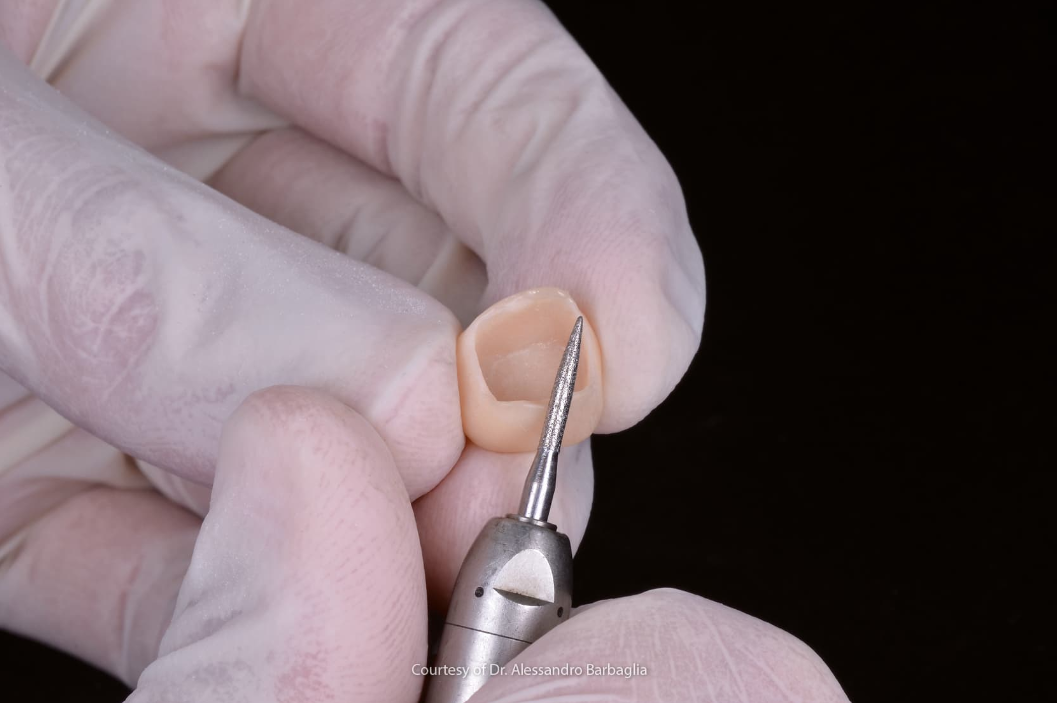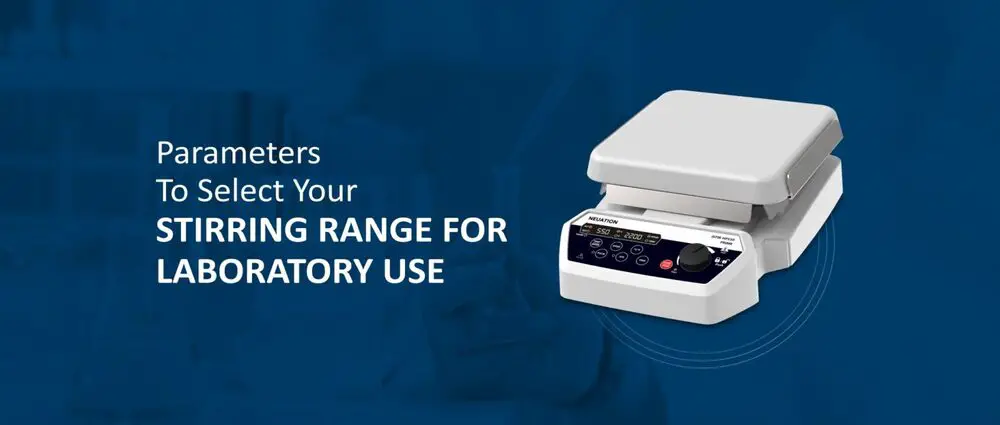Types of Root Canal Sealants: Which One Is Right for Your Practice?
 Dental
Dental
For endodontic surgery to work, germs must be kept out of the root canal system. Root Canal Sealant is essential to this process. That way, there is less chance of getting the infection again. Good filler helps close up any gaps between the canal walls and the core filling material. When dentists choose sealants, they need to make sure they use the right kind so that treatments work better, patients are comfortable, and the office runs smoothly. To pick the best sealant for your wants and preferences, you should know what each type is made of and what its pros and cons are.
Zinc Oxide Eugenol (ZOE)-Based Sealants
Many people have used ZOE-based sealant for a long time in endodontics. For these sealers, gutta-percha is often used. They are known to be antifungal and straightforward to make. There is a good chance of getting sick, but these are great because microbes can't get on them. Though ZOE seals don't work too well sometimes. They might break down over time or take longer to set, which would change their lifespan. If you don't use them right, they can cause microleakage because they tend to shrink a little when they set.
That being said, many doctors still use ZOE-based Root Canal Sealant since they are cheap, simple to find, and work well. These ways work well for people with simple cases who are expected to have few complications after surgery.
Calcium Hydroxide-Based Sealants
Calcium hydroxide Root Canal Sealant is more popular now because they are suitable for your health. They work like antibiotics and help the periapical cells heal. They stand out because they have a high pH level. They're ideal for regenerative endodontics or situations where the teeth aren't fully formed yet because they give off calcium and hydroxyl ions, which help hard tissue form.
For some reason, they don't stick together very well and take a long time to break down, which can make the seal less intense over time. Calcium hydroxide sealants are often used with other materials or ways to compensate for their lower mechanical strength.
Epoxy Resin Sealants
Many dental offices now like AH Plus seals because they are made of epoxy resin. Other materials for this job don't stick to dentin as well as these do. They also shrink less and close better. They don't break down quickly, so bacteria can't get into them. It is better to get X-rays after treatment because these seals are radiopaque.
One of the best things about epoxy resin Root Canal Sealant is that they work well with thermoplastic obturation methods. Because they are thick and don't let air in, they can fit into root canal lines with small holes or gaps. For tough cases, the longer the time it takes to set, the more time you have to work.
Bioceramic Sealants
Bioceramic-based Root Canal Sealant is the newest thing in endodontic materials. Hyaluronite can be made while these sealants are setting. This makes the bond between the sealer and dentin stronger. Because they are safe, they work well for people who are sensitive or allergic to certain chemicals.
Bioceramic sealers are also praised for their ability to close well, stay the same size, and kill bacteria because their pH is alkaline. Since they're already made and ready to use, they are simple to work with. You can chemically bond with dentin to create a stronger seal. There are many good things about this. They were just released not long ago, so long-term clinical studies are still being planned.
Silicone-Based Sealants
The fact that silicone-based Root Canal Sealant is flexible, easy to reapply, and don't hurt the gums or other tissues around the tooth is a good thing. Guayabera bits and other things are often mixed into these sealants to help them stick to the core material better. They're liked by most because they stay the same size once they're set.
How to Pick the Best Sealant
You should think about how complex the case is, how sensitive the patient is, if the Root Canal Sealant can be used again, how much it costs, and how well the biological and mechanical performance should match when choosing a root canal sealant. Epoxy resin sealers can be the ideal option if you want a strong seal that will last a long time. Bioceramic or calcium hydroxide might be preferable choices if you want to build something that is safe for the body and helps the flesh repair.
You should also think about how effectively the sealant interacts with the manner you like to block things, such as horizontal compaction, vertical condensation, or carrier-based systems. Also, check to see if the sealer works with your intended use. This will make things move smoothly and provide you with nice outcomes.
Conclusion
The Root Canal Sealant you pick can have a significant effect on how well your tooth root canal treatments work. Suppose you know what each type is suitable for. In that case, you can choose the one that best fits your clinical needs, whether you need epoxy resin's dependability, calcium hydroxide's ability to heal, or bioceramics' improved sealing power.





